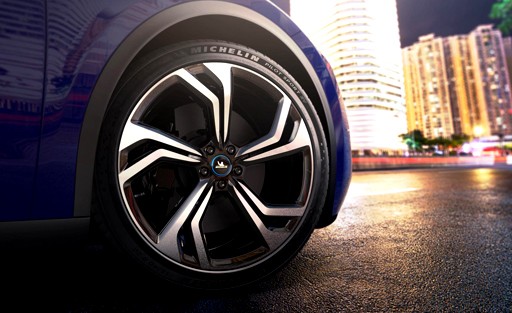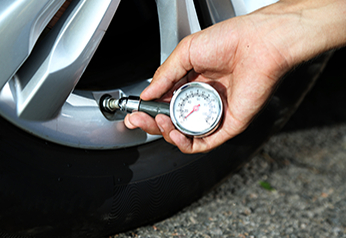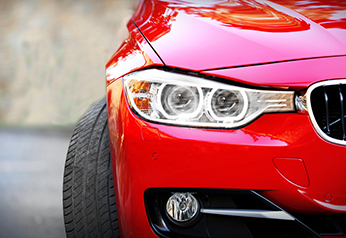-Tyres_1920x320.jpg)
November 29, 2023
Your Guide to Electric Vehicle (EV) Tyres
In recent years, there has been a significant uptick in the presence of fully electric and hybrid cars on our roads. This surge has been boosted by environmentally conscious individuals dedicated to minimizing their carbon footprint. Notably, this shift towards eco-friendly transportation includes the increasing preference for specialized Electric Vehicle (EV) tyres, underlining a broader commitment to sustainable driving practices.
Electric cars are designed to be eco-friendly and produce low C02 emissions. They are now more popular than ever, especially since more car manufacturers are rolling out EV models, making them more accessible and affordable.
More and more stations are also available when you can charge the battery. And of course, a question that often comes up is whether or not electric vehicles (EVs) and hybrid cars need special EV tyres or not.
Tyroola will answer that burning question and even provide helpful information for drivers considering purchasing a hybrid or electric vehicle.
What are EV tyres?
An EV tyre is specifically designed for electric and hybrid vehicles. It is different from a traditional tyre in several ways, including its overall weight, tread design, tyre tread depth, tread life and the materials used in its construction.
Why are EV tyres the best choice for electric and hybrid cars?
Quiet & Noise Free
Electric vehicles are very quiet, even while running. This is because they don't have regular combustion engines like petrol-powered cars, which can get very loud. It makes for an enjoyable ride, especially when paired with quiet EV tyres.
Yes, EV tyres are generally quieter as well because tyre manufacturers have specifically focused on developing sound-reducing technologies so they can match the inherent quietness of electric vehicles.
Unique Tread Design
Image credit: Goodyear
EV tyres sport unique tread patterns designed to withstand the heavier weight and higher speed of electric vehicles and hybrid cars. They are optimised to provide an even quieter ride and superior handling and braking performance.
Since EVs are heavier, cornering can be challenging, as its tyre will feel higher forces as it turns. It is why EV tyre sidewalls are reinforced or built for durability to last longer and manage the extra weight and stress.
Weight
EVs are heavier than standard cars due to their battery packs. They also need to take on high instant torque (or the measure of the twisting force that causes a tyre to rotate), leading to more increased tread wear.
This is why EV tyres are heavier than traditional tyres. They need to have strong construction using advanced and robust compounds to handle the weight even at higher speeds.
Durability
Image source: https://k.sina.com.cn/article
Again due to the increased weight EV tyres have to carry, they are made using highly durable materials, including high-strength steel belts, jointless bead wires, Aramid hybrid reinforcement belts and more. These materials enable EV tyres to last longer than traditional tyres, which can also help lower your long-term maintenance costs.
Low rolling resistance
Another one of the key features that EV tyres have is their low rolling resistance. Rolling resistance refers to how much friction your tyres experience when driving, and it can have a significant impact on your car's fuel economy. Keeping the energy that moves tyres forward on an EV car at a minimum makes logical sense, as having energy-guzzling tyres on an eco-friendly vehicle cancels each other out.
Optimal tyre grip
A good quality EV tyre should deliver optimal grip every time. Since EVs are heavier, expect high torque and the force of inertia. A strong grip will then be crucial to safer cornering and high-speed straight-line driving. Since the car is heavier, you'll need a longer braking distance to stop safely and to ensure that, you'll need exceptional grip to avoid any accidents.
High-performance
EVs can only operate within the duration of their charge, so drivers must maximise their tyre's performance within that window. Most EV tyres deliver exceptional handling, high-speed stability, and overall high performance, so you get the most out of them with every ride.
Can EVs use regular tyres?
Technically, yes.
You can use regular or traditional tyres on your EV, but before you do, here are some things to consider:
- Car manufacturers recommend using special electric vehicle tyres on electric and hybrid vehicles because they are tailor-made to deliver better performance.
- As we mentioned earlier, Electric vehicles are much heavier than regular cars due to the heavy batteries. They also accelerate much faster since their electric motors are not as complex as an internal combustion car. A traditional tyre rolling on the highway on an EV might not handle the added stress.
If you have no choice but to use regular tyres, ensure that the tyre you purchase matches your EV or hybrid car manufacturer's recommended weight load and speed rating.
What tyre brands offer EV tyres?
Some of the most popular tyre brands already offer EV tyres, including:
Pirelli (Pirelli Cinturato P1), Michelin (Pilot Sport EV), Hankook (Ion Evo AS SUV), Yokohama (Advan DB V552) and Goodyear (Assurance Triplemax).
If you're looking for a set of tyres specifically designed for electric or hybrid cars such as the Hyundai Ioniq Electric, the Nissan Leaf, Audi and more, the tyre brands mentioned above are an excellent place to start.
Do hybrid and electric cars need special tyres?
The answer is yes!
EV tyres have many features that make them perfect for these vehicles and are the perfect choice for your EV or hybrid car.
Check out our blog and guides for more information on all things tyres. Thanks for reading!
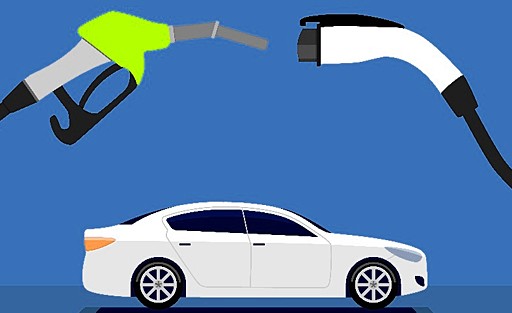
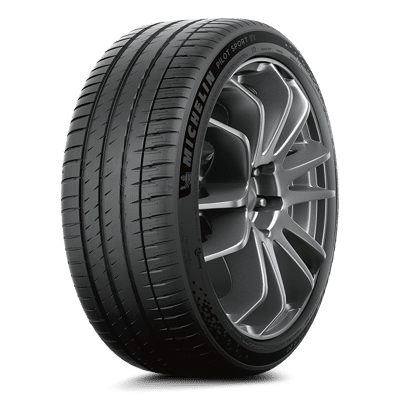
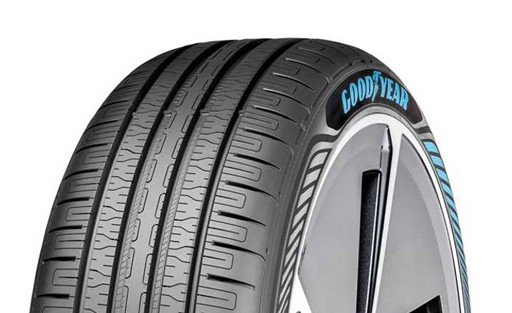
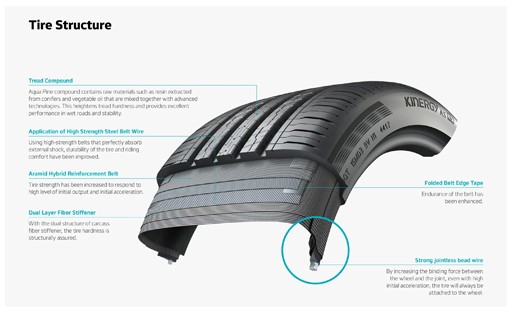
1.png)
